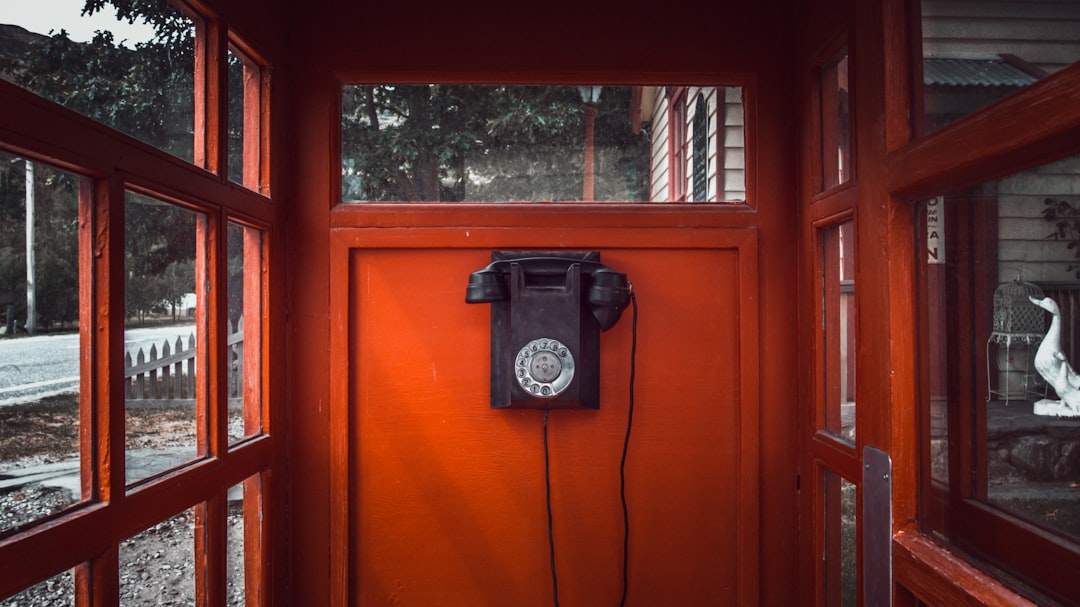Spam calls, a common nuisance in Illinois, can be tackled using several strategies outlined in "How to Stop Spam Calls Illinois". These include registering on the state's Do Not Call list, using call blocking apps, and being cautious with online data sharing. While some spam calls may offer legitimate services, others are fraudulent. Illinois residents can protect themselves under strict laws like the Illinois Consumer Fraud Act and TCPA by signing up for the National Do Not Call Registry, using call-blocking technology, and reporting spam to relevant authorities. Effective tactics also involve manual blocking through apps and adjusting online privacy settings.
In Illinois, as across the nation, spam calls remain a pervasive nuisance. This article debunks common myths surrounding these unwanted communications, providing clarity on their definition, impact, and sources. We explore legal protections available to Illinois residents and offer practical strategies for mitigating spam calls. Discover how technology plays a game-changing role in preventing spam with tools tailored specifically for Illinois users. Learn how to take control and stop spam calls once and for all.
Understanding Spam Calls: Definition and Impact in Illinois

Spam calls, also known as unsolicited or unwanted telephone marketing calls, are a widespread nuisance in Illinois and across the country. These calls often promote various products, services, or even fraudulent schemes, and they can have a significant impact on individuals’ lives. In Illinois, where many residents rely on their phones as primary communication devices, spam calls disrupt daily routines and can lead to increased stress and frustration.
Understanding how to identify and stop these unwanted calls is crucial for Illinois residents. Spam call tactics often include automated dialing systems that leave pre-recorded messages or connect callers to live agents who pressure individuals into making purchases. How to Stop Spam Calls Illinois involves several strategies, such as registering on the state’s Do Not Call list, using call blocking apps, and being cautious about sharing personal information online. By taking proactive measures, residents can reduce the frequency of spam calls and regain control over their communication channels.
Debunking Common Misconceptions About Spam Call Sources

Many people believe that spam calls primarily originate from overseas or unknown numbers, but this isn’t always the case. In reality, a significant portion of these unwanted calls come from within the United States, including Illinois. Companies and individuals alike can make use of local area codes to mask their identities, making it appear as if the call is coming from a legitimate source. This doesn’t mean that international spam calls are non-existent; however, focusing solely on foreign sources isn’t an effective strategy for How to Stop Spam Calls Illinois.
Another common misconception is that all spam calls are indistinguishable and equally harmful. The truth is, some calls may offer legitimate services or products, albeit in an aggressive manner. It’s crucial to differentiate between harmless sales calls and malicious attempts at fraud. By understanding the source and nature of these calls, individuals can take appropriate action, such as blocking specific numbers or signing up for local Do Not Call registries, to effectively curb unwanted interruptions.
Legal Protections Against Spam Calls in Illinois: What You Need to Know

In Illinois, there are stringent laws in place to protect residents from spam calls. The Illinois Consumer Fraud and Deceptive Business Practices Act prohibits telemarketers from making false or deceptive statements and ensures consumers have the right to refuse marketing messages. Additionally, the Telephone Consumer Protection Act (TCPA) at the federal level further restricts unwanted calls, providing robust legal protections for Illinoisans.
To stop spam calls in Illinois, residents can take several steps. First, register your number on the National Do Not Call Registry. This federal list prevents telemarketers from calling you unless they have prior consent. Second, many mobile carriers offer call-blocking features or apps that can filter out unwanted numbers. Third, be cautious about sharing your phone number online, as spammers often collect contacts from public sources. Lastly, report spam calls to the Federal Trade Commission (FTC) and Illinois’ Attorney General’s office to help curb this behavior and provide valuable data for further regulation.
Effective Strategies to Stop Spam Calls for Illinois Residents

Spam calls can be a persistent and annoying problem, but there are several effective strategies to stop them for Illinois residents. One of the most straightforward methods is to register on the National Do Not Call Registry. This federal list restricts telemarketers from calling numbers listed on it, offering some relief from unwanted calls. Additionally, Illinois residents can download and utilize call-blocking apps specifically designed to identify and block spam callers. These apps learn and adapt, becoming more effective over time.
Another powerful tool is to be cautious with personal information online. Spam callers often gather data through fake contests, surveys, or online forms. Avoid providing your number or email unless absolutely necessary. Adjusting privacy settings on social media platforms can also help, as these settings control who can contact you. Illinois residents should regularly review and update these settings to ensure they align with their preferences for communication.
The Role of Technology in Preventing Spam Calls: Tools and Resources

Technology plays a significant role in combating spam calls and helping residents of Illinois stay protected. With advancements in telecommunications, several tools and resources are now available to help individuals manage and block unwanted phone communications. One of the primary methods is through automated call blocking systems that use advanced algorithms to identify and filter out spam calls before they reach your phone. These systems learn from user feedback and continuously update their databases to keep up with evolving spamming techniques.
Additionally, Illinois residents can take advantage of do-not-call lists and privacy tools offered by various telecommunications providers and government agencies. By registering on these lists, individuals can reduce the volume of spam calls they receive. Many apps and software solutions also empower users to manually block specific numbers or even identify unknown callers, providing an extra layer of defense against spamming activities.






